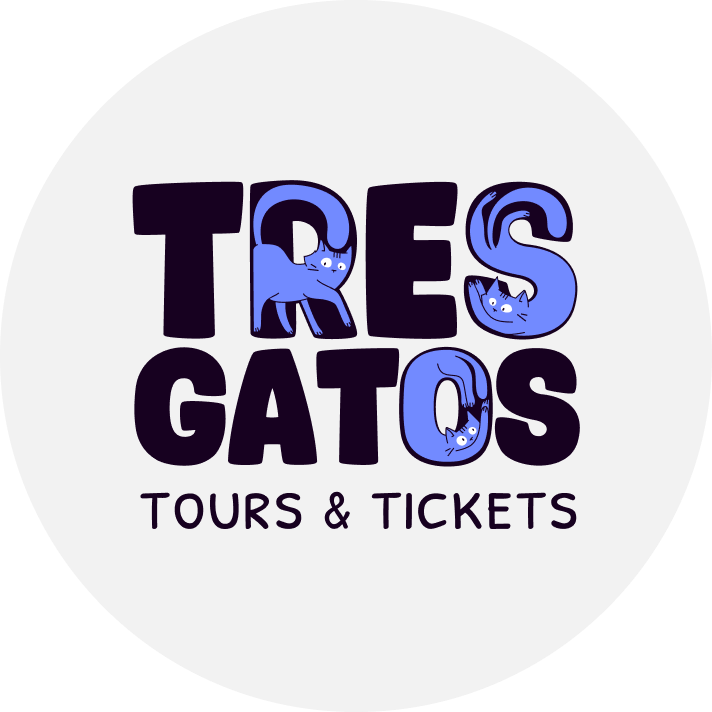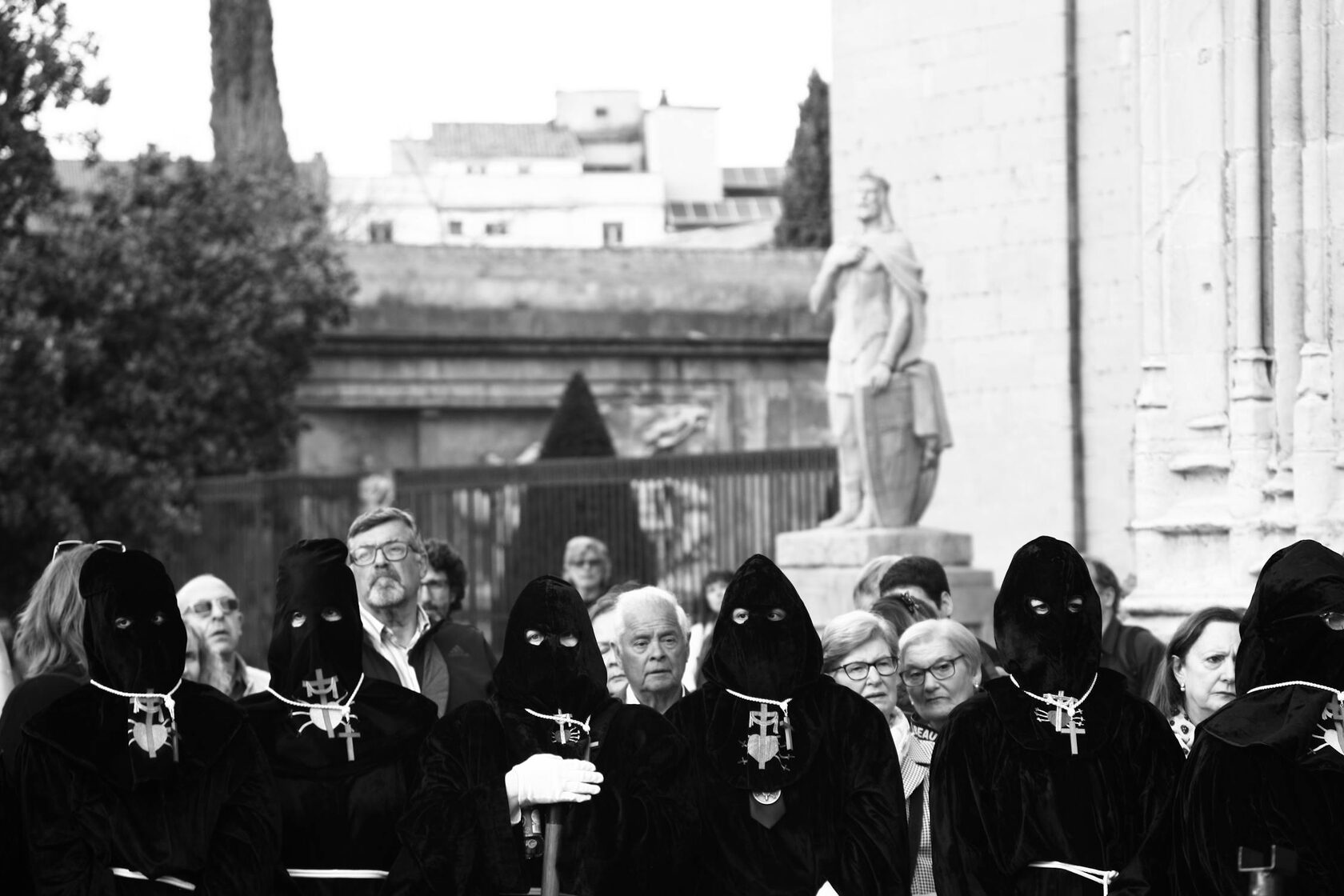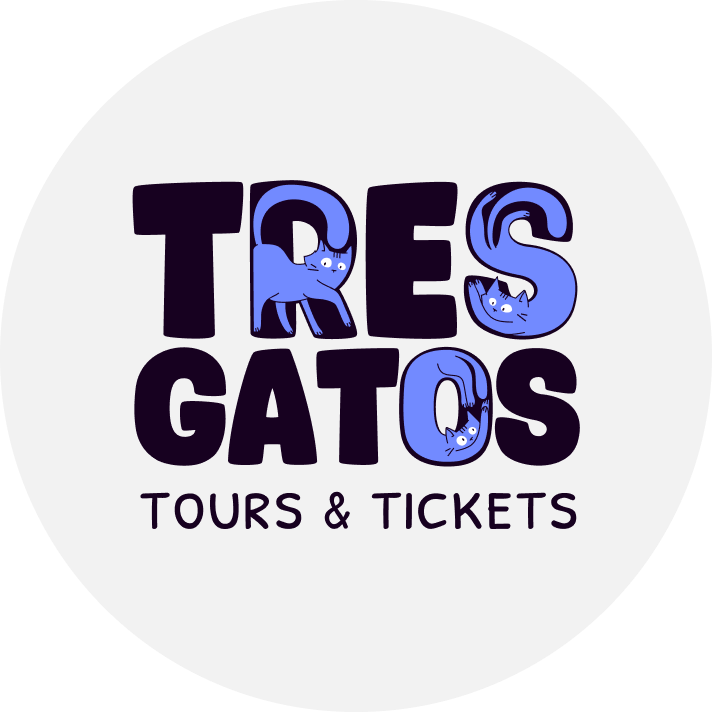Semana Santa, or Holy Week, is one of the most significant religious celebrations in Spain, and Barcelona offers a unique blend of solemnity and festivity during this time. This week-long observance leading up to Easter is marked by deep spiritual reflection, vibrant processions, and rich cultural traditions. Whether you're a devout Catholic or simply interested in experiencing local customs, Semana Santa in Barcelona provides a captivating glimpse into the region's heritage. Let's delve into the key events, traditions, and must-visit activities for each day of Holy Week.
The Significance of Semana Santa
Religious Importance:
- Semana Santa commemorates the Passion of Christ, from his entry into Jerusalem to his crucifixion and resurrection.
- Each day of Holy Week holds specific religious significance, with Palm Sunday marking the beginning and Easter Sunday celebrating the resurrection.
Cultural Heritage:
- Beyond its religious importance, Semana Santa is deeply rooted in Spanish culture and tradition.
- The celebrations blend solemn religious rituals with colorful processions, music, and communal gatherings, reflecting the country's rich history and cultural diversity.
Palm Sunday (Domingo de Ramos)
Processions and Palms:
- Palm Sunday marks the start of Semana Santa, commemorating Jesus' triumphant entry into Jerusalem.
- In Barcelona, this day is celebrated with processions where participants carry palm and olive branches, symbolizing peace and victory.
- The most notable procession is "La Burreta," which reenacts Jesus' entry into Jerusalem, complete with a donkey and actors in period costumes.
Must-Visit Event:
- La Burreta Procession: This traditional procession begins at the Church of Sant Agustí in the El Raval district and is a must-see for its historical reenactment and community involvement.
Interesting Fact:
- The palm branches blessed during Palm Sunday mass are often kept by families throughout the year as symbols of protection and blessing.
Holy Monday (Lunes Santo)
Reflective Gatherings:
- Holy Monday is a day for reflection and prayer, with many churches hosting special services and meditations.
- It is a quieter day compared to other days of Holy Week, allowing for personal contemplation.
Must-Visit Event:
- Visit to the Barcelona Cathedral: Attend a special mass or simply visit the Barcelona Cathedral to admire its Gothic architecture and serene atmosphere.
Interesting Fact:
- Many churches in Barcelona display elaborate altars and religious art during Holy Week, providing a unique opportunity to appreciate the city's artistic heritage.
Holy Tuesday (Martes Santo)
Community Prayers:
- Holy Tuesday continues the theme of reflection and community prayer.
- Evening processions often feature religious statues and are accompanied by solemn music and prayers.
Must-Visit Event:
- Procession of the Brotherhood of the Holy Sacrament: This procession in the Gothic Quarter is known for its solemnity and the participation of local religious brotherhoods.
Interesting Fact:
- The tradition of carrying religious statues through the streets during Holy Week dates back centuries and is a deeply revered practice in Catalonia.
Holy Wednesday (Miércoles Santo)
Penitential Services:
- Holy Wednesday is dedicated to penance and reflection on the suffering of Christ.
- Churches often hold penitential services and confessions, encouraging spiritual renewal.
Must-Visit Event:
- Penitential Service at the Basilica of Santa Maria del Mar: Attend a penitential service at this iconic basilica, known for its stunning Gothic architecture and rich history.
Interesting Fact:
- The Basilica of Santa Maria del Mar is one of the most famous examples of Catalan Gothic architecture and has been a central part of Barcelona's religious life for centuries.
Holy Thursday (Jueves Santo)
The Last Supper:
- Holy Thursday commemorates the Last Supper, where Jesus shared his final meal with his apostles.
- In Barcelona, this day is marked by solemn masses and the washing of the feet ceremony, symbolizing humility and service.
Must-Visit Event:
- Washing of the Feet Ceremony at the Barcelona Cathedral: Witness this traditional ceremony, which is a powerful reminder of Christ's humility and service to others.
Interesting Fact:
- The washing of the feet ceremony is often performed by priests and sometimes includes members of the community, emphasizing the importance of service and humility.
Good Friday (Viernes Santo)
Day of Mourning:
- Good Friday is a day of mourning, commemorating the crucifixion and death of Jesus.
- Churches across Barcelona hold special services, and many businesses close early or remain shut in observance of the solemn occasion.
Must-Visit Event:
- Processó de la Passió in the Gothic Quarter: This dramatic procession features live reenactments of the Passion of Christ, with elaborate floats and emotional performances.
Interesting Fact:
- The Processó de la Passió is one of the most emotionally charged events of Holy Week, drawing large crowds and offering a profound spiritual experience.
Holy Saturday (Sábado Santo)
Vigil and Reflection:
- Holy Saturday is a day of quiet reflection and preparation for Easter Sunday.
- Churches often hold vigils and services, with the lighting of the Paschal candle symbolizing the light of Christ.
Must-Visit Event:
- Easter Vigil at the Sagrada Familia: Attend the Easter Vigil at Antoni Gaudí's iconic basilica, where the service is celebrated with great reverence and beautiful music.
Interesting Fact:
- The Sagrada Familia, still under construction, is one of the most visited landmarks in Barcelona and offers a unique setting for Easter celebrations.
Easter Sunday (Domingo de Resurrección)
Celebration of Resurrection:
- Easter Sunday is the culmination of Semana Santa, celebrating the resurrection of Jesus.
- Churches across Barcelona hold joyous masses, with bells ringing and choirs singing in celebration.
Must-Visit Event:
- Easter Mass at the Basilica of Santa Maria del Mar: Join the joyous Easter Mass at this historic basilica, where the community comes together to celebrate the resurrection.
Traditional Feasts:
- Families gather for traditional Easter meals, often featuring special dishes like "Mona de Pascua," a sweet bread decorated with colorful eggs.
- Children receive chocolate eggs and other treats, symbolizing new life and renewal.
Interesting Fact:
- The tradition of giving "Mona de Pascua" dates back to the 15th century and is a beloved part of Catalan Easter celebrations.
Conclusion
Semana Santa in Barcelona is a profound and meaningful celebration that blends religious devotion with cultural heritage. From the solemn processions of Holy Week to the joyous celebrations of Easter Sunday, this period offers a unique opportunity to experience the rich traditions of Catalonia. Whether you're participating in the religious observances or simply enjoying the cultural festivities, Semana Santa in Barcelona is an unforgettable experience that captures the essence of Spanish spirituality and community.



